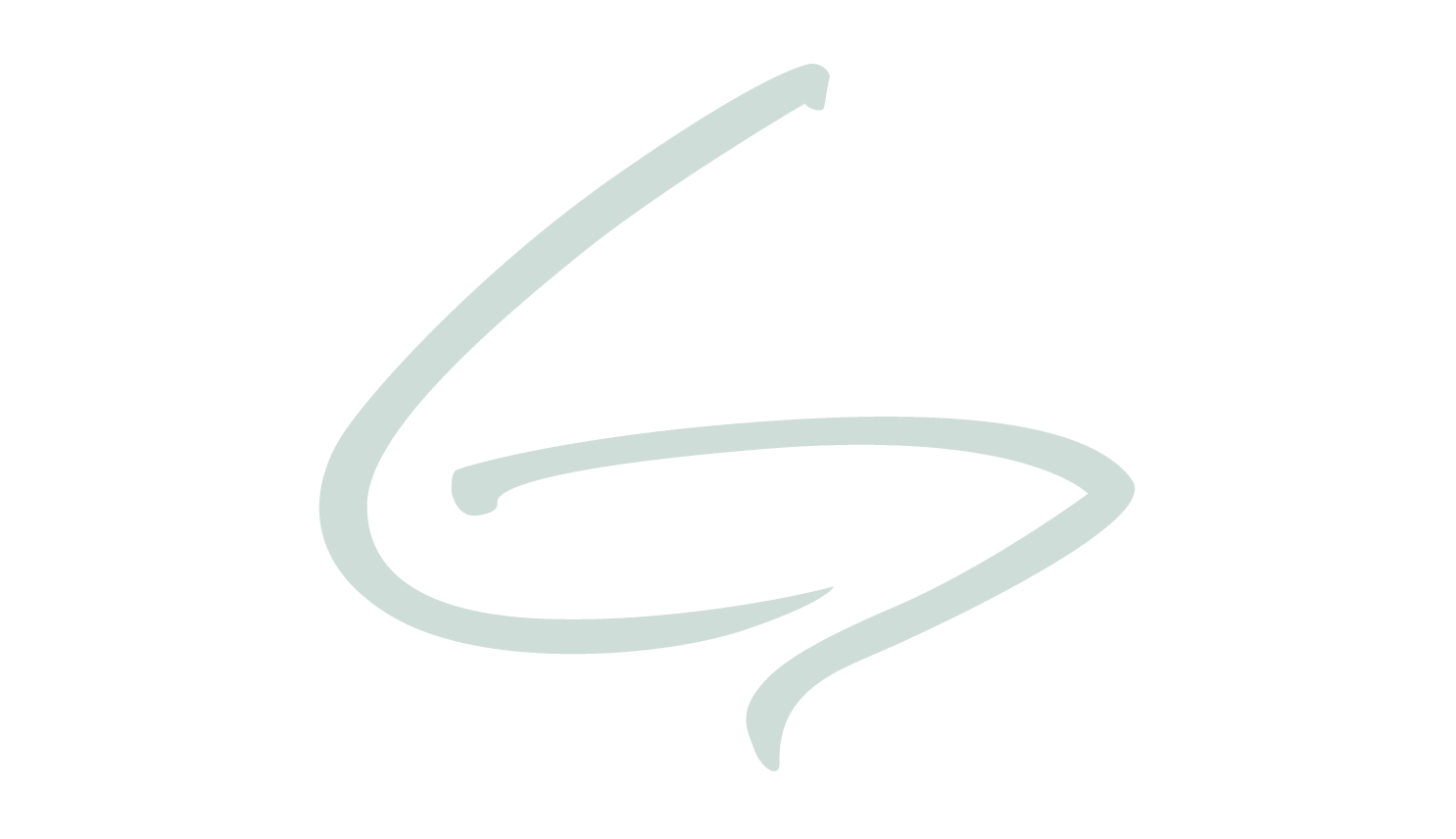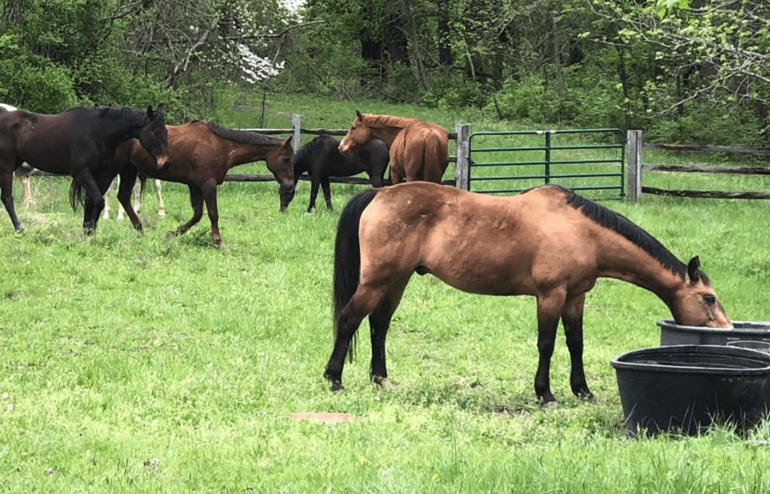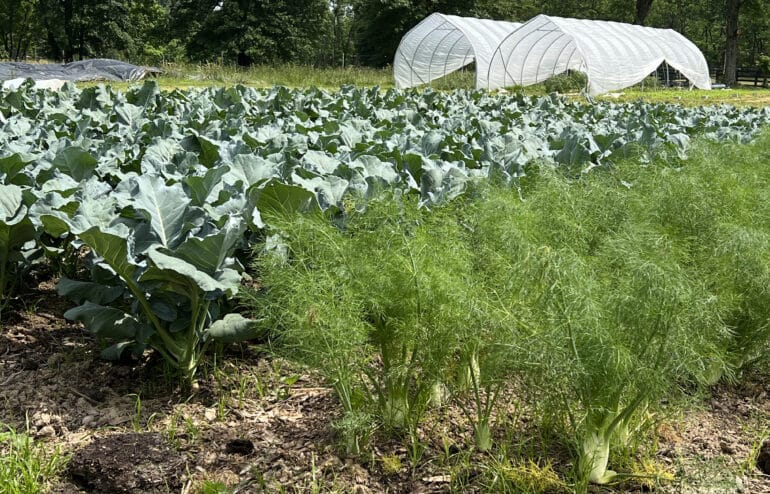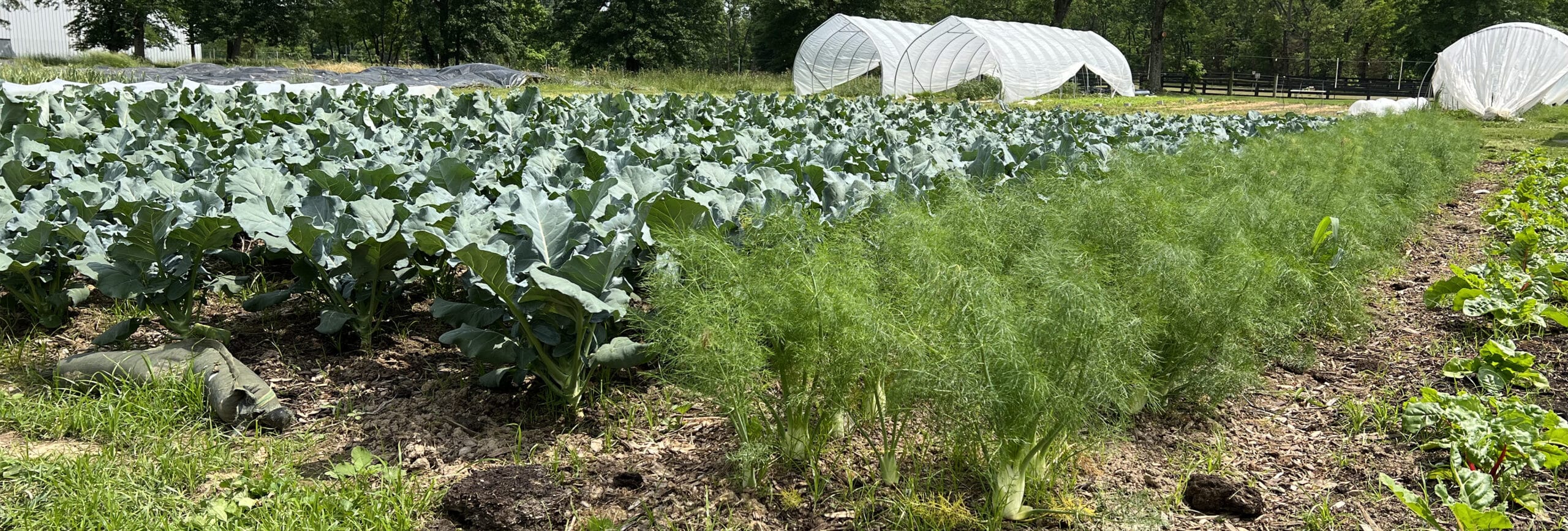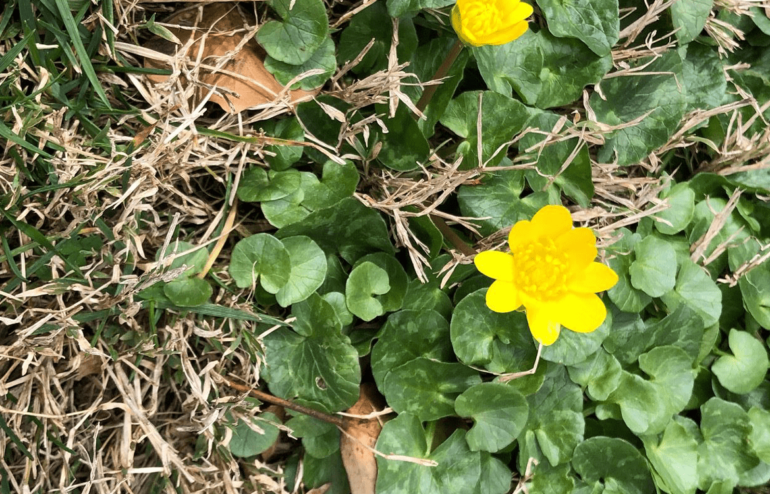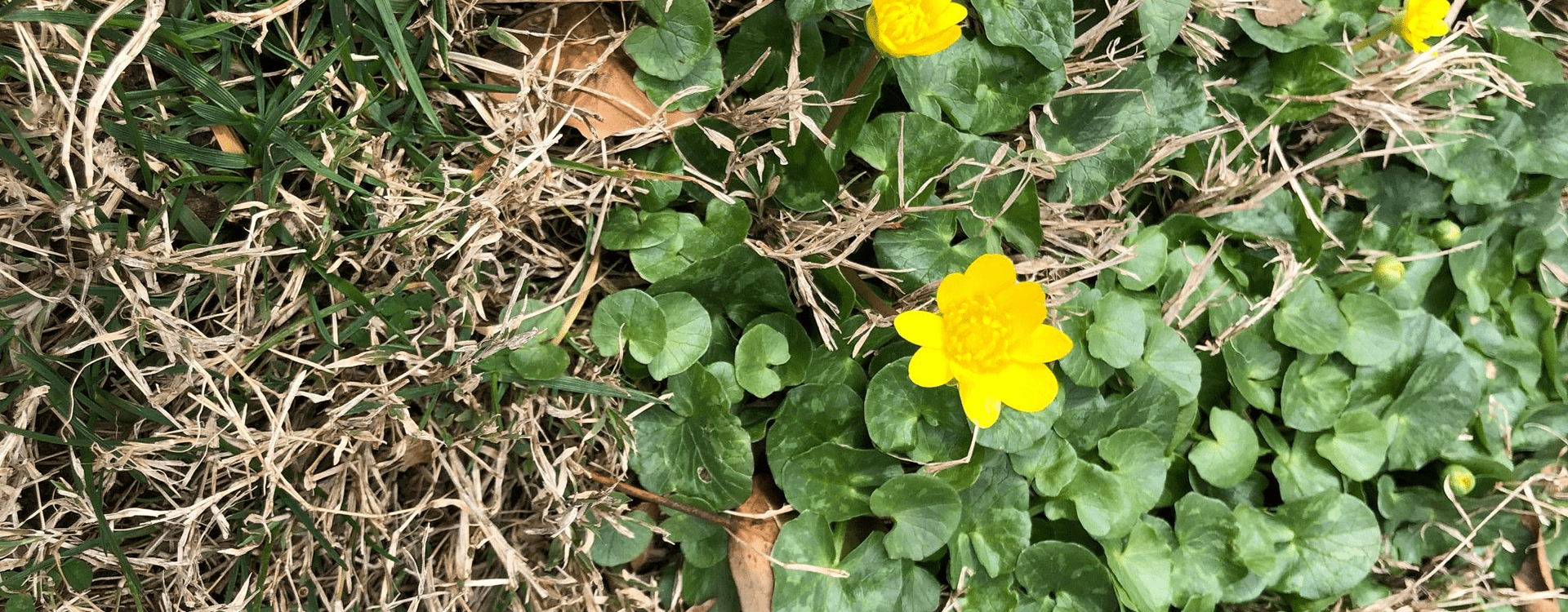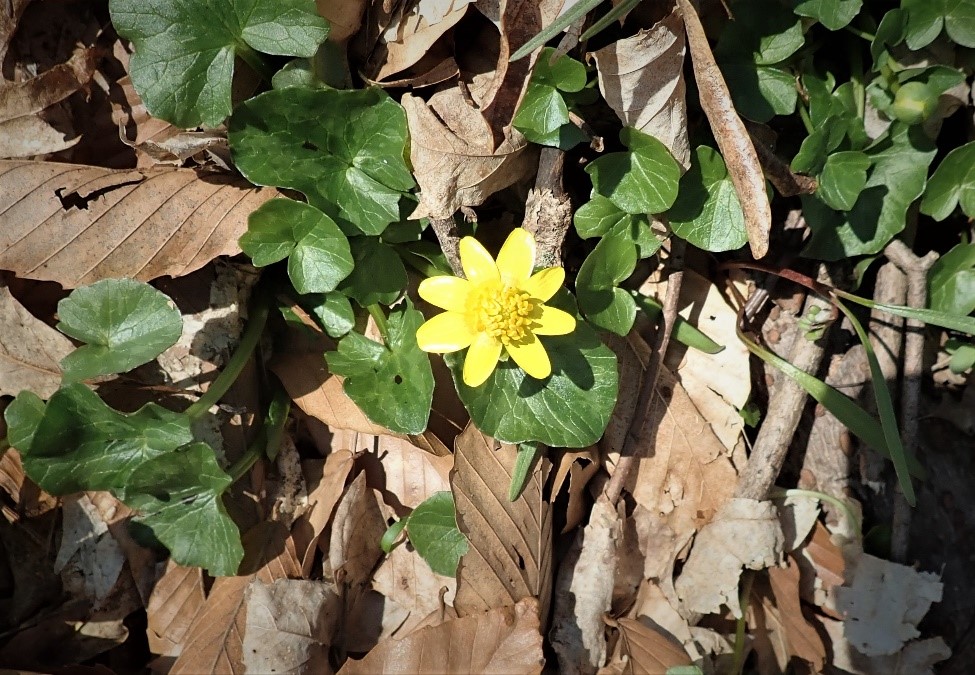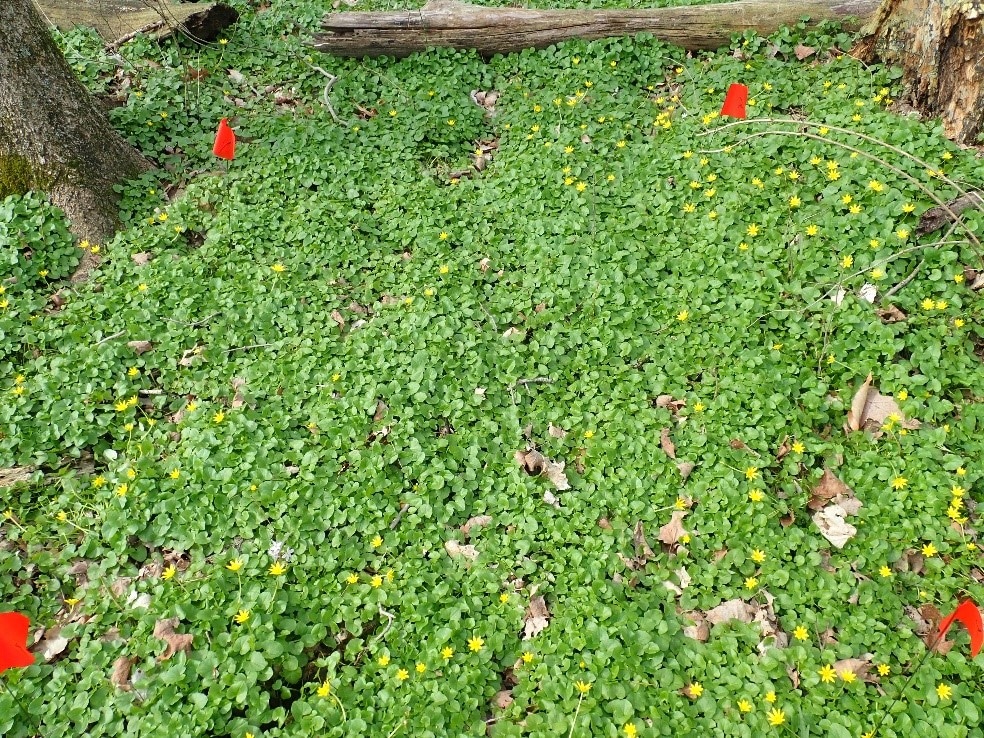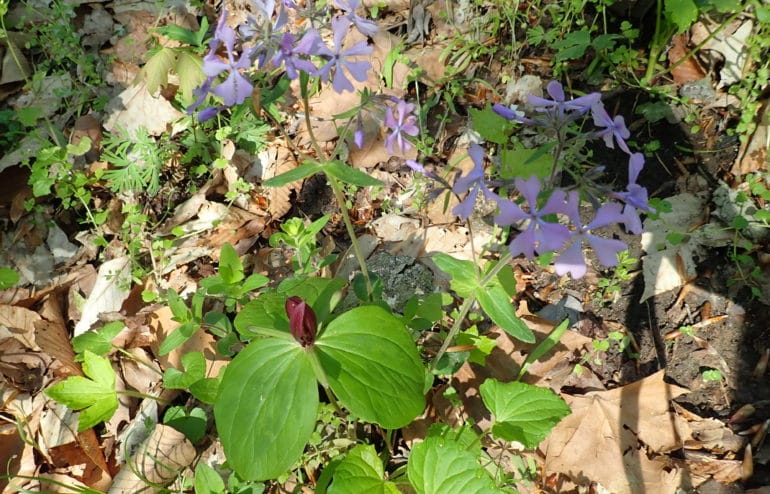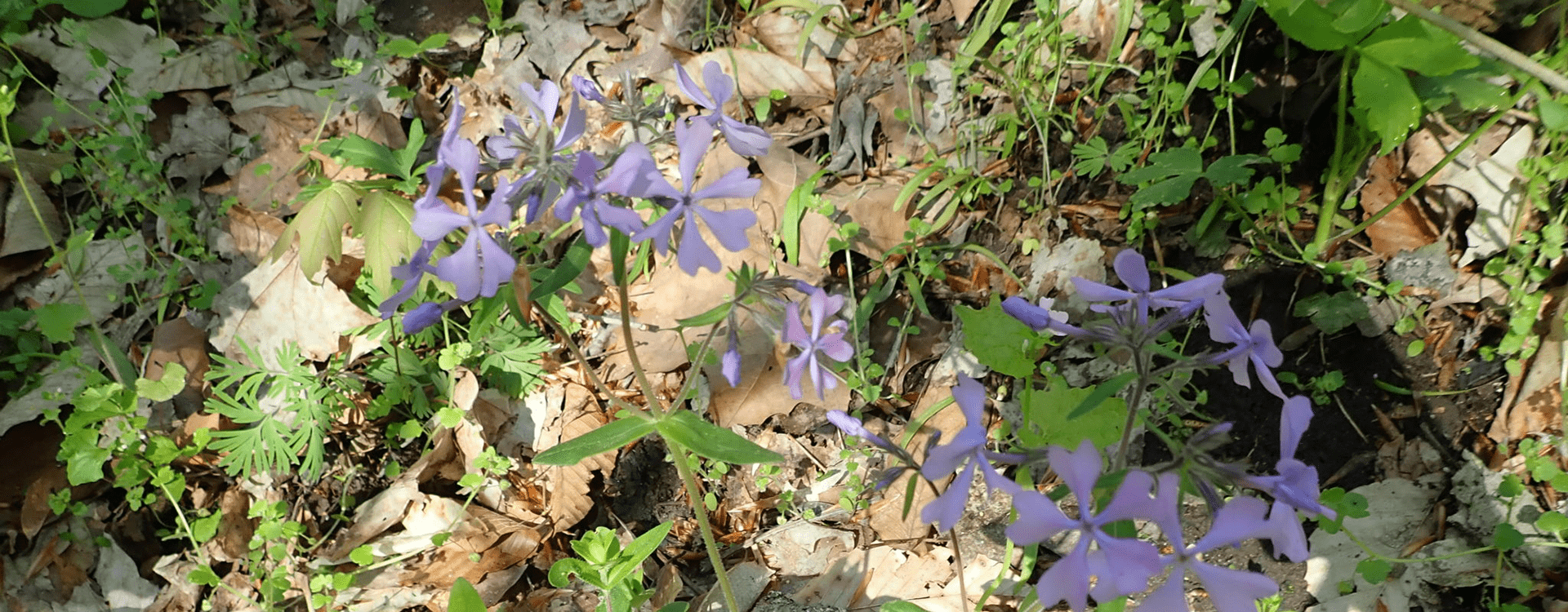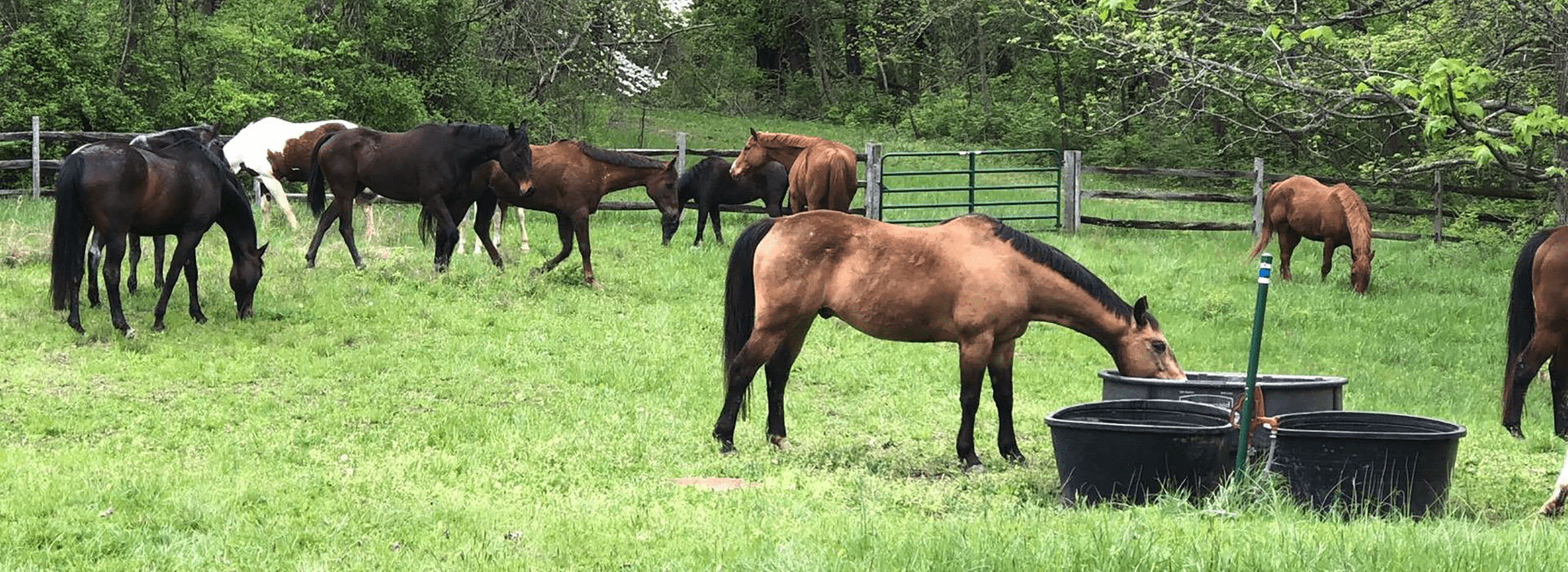
What Would the Nipperts Do?
A Letter from our President
Greenacres dedicated 2020 as the first year of “WWTND” — What Would the Nipperts Do? The idea was to engage employees and sharpen our focus on the mission and vision of Louis and Louise Nippert. Little did we know that the year would change so dramatically and that we would really have to think about WWTND in whole new light. In response to COVID-19, Greenacres is taking the following actions:
- Non-Essential Employees began working from home last week. We have asked employees to work on new ways to educate and communicate and to work on their skills as experts.
- Essential employees – those associated with farm activities – are reporting to work but we are using a skeleton crew.
- We are following the guidelines of distancing and washing frequently.
These are internal steps but our team is dedicated to serving the community and wanted to do more. So we looked at what we can offer to help with the current challenge. Here are additional thing Greenacres will be doing:
- Expand garden production by “plowing fence row to fence row” in our garden areas.
- Add more animals as fields green up to increase our ability to provide grass finished protein products.
- Develop an electronic media way to deliver lessons that we used to deliver in person. We will use this channel to further inform people of our research and other activities.
All of the above are actions that the Nipperts would approve of and would participate in. During WWII the going was getting very difficult in the Philippines due to rain – typhoon season. Jeeps and wheeled vehicles were bogging down in the mud and the enemy had the advantage of being entrenched while our soldiers needed to move forward and advance. The problem was discussed and a solution was proposed – send in the Cavalry, not the modern wheeled or even more modern helicopter Cavalry but the old fashioned horse Cavalry. Mr. Nippert was a Captain who knew a thing or two about horses and called upon to head to Kansas and restart the horse Cavalry to be used to invade the Philippines. Mr. and Mrs. Nippert headed west to Kansas and began to rebuild the horse Cavalry. Mr. Nippert described the effort as challenging because so few of the chosen soldiers could ride a horse, let alone care for it. The “old” Cavalry manuals were out of date and out of print and the horse Cavalry was needed in the Philippines now. So Captain Nippert went to work training horses and soldiers and preparing to invade the Philippines. The day came for the Horse Cavalry to prove it was ready to leave Kansas with orders given to pack up and head to California to get on ships. As they prepared to depart, the typhoons ended and the Jeeps started rolling. Captain Nippert received new orders – disband the horse Cavalry. When he talked about this story which he did infrequently and with little detail, he always mentioned that he, like so many in the GREATEST GENERATION, never thought about the downside, the danger or the sacrifice they were making. They just thought about their country and their duty to answer the call, whatever it was.
Today, we are all being asked to answer the call to take on a new enemy, an enemy that is here among us, a virus. WWTND? The answer is clear – answer the call and serve. Some will serve by growing more food, some by creating new education channels and some just by following the rules and self-quarantine. In each case there is individual sacrifice, but those sacrifices are small compared to the sacrifice of the Greatest Generation in WWII. It is time to pull together, do what you can and listen to and follow the lines of Bob Dylan’s “You got to serve somebody”. It does not matter who you are, now is the time to serve somebody and the somebody I suggest is your neighbors and friends and serve them with kindness and care and follow the COVID-19 rules. That is what the Nipperts would do.
Please stay healthy and happy and remember to serve someone.
-Carter Randolph
Greenacres President
